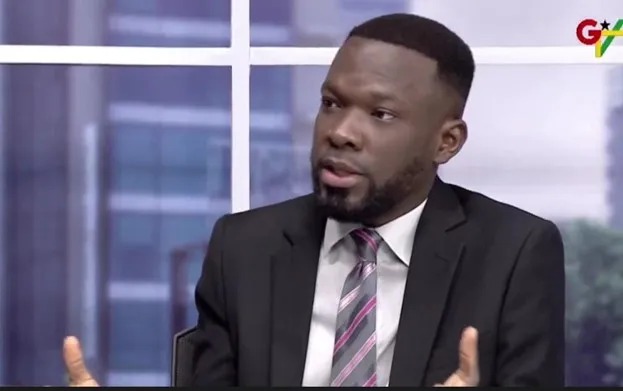Claim: Dr Ezekiel Agyekum-Obeng, a communications team member of the New Patriotic Party (NPP), has claimed that the NPP government recorded 11% of annual electricity tariffs during its tenure.

Verdict: False. DUBAWA’s checks from the Public Utilities Regulatory Commission (PURC) revealed that the government had never achieved an annual electricity tariff increment of 11%.
In July 2019, the government raised tariffs by 11.17%, followed by another increase of 5.94% in October.
This is however the lowest throughout the NPP’s tenure in government. Therefore, it is inaccurate to claim that the NPP government had recorded an 11% electricity tariff increment during its tenure in government.
Full Text
In the third quarter of 2024, the Public Utilities Regulatory Commission (PURC) announced a 3.02% increase in electricity tariffs, effective from October 1. This adjustment affects all categories of consumers nationwide.
In a statement issued on Saturday, September 28, PURC cited several factors driving the hike, including inflation, exchange rate fluctuations, and rising gas prices.
The Commission also noted that Ghana’s ongoing economic difficulties and the impact on living standards were carefully weighed in making this decision.
Following the announcement, a discussion on TV3’s Newday show on October 1, 2024, brought together representatives from the New Patriotic Party (NPP) and the National Democratic Congress (NDC).
During the debate, NPP communications team member Dr Ezekiel Agyekum-Obeng defended his government’s handling of the energy sector.
He claimed that, despite the sector’s challenges, the NPP should be commended for keeping the lights on since his government has recorded an 11% annual electricity tariff increase during its tenure in government.
This, he argued, was lower than what occurred under the NDC.
In his claim, he said, “If you look at the average yearly increment of electricity, for example, during the NDC, we were not doing less than 50%.
With all the increments and all that you have read to us from the start of the show, we are doing 11% annual increments; as I said, even if it is 1%, it is an increment.”
The show has since garnered over 1,000 views on YouTube. This can be found from the 21 minutes: 05 seconds to the -21 minutes: 26 seconds of the video.
Verification
DUBAWA’s research was geared towards finding out if the NPP government under President Akufo Addo, during his tenure from 2017 to the present, has increased electricity tariffs by an annual 11%.
In our findings, DUBAWA found out that the lowest the NPP government had done was 17.11%, which was in 2019.
In 2019, Ghana saw an increase in electricity tariffs, driven by inflation, currency depreciation, and the rising cost of power generation. The Public Utilities Regulatory Commission (PURC) announced two major tariff adjustments that year.
This marked the first time the Akufo-Addo-led NPP government increased tariffs since coming into office in 2017.
In fact, there was no tariff increase in 2017. Instead, in March 2018, tariffs were reduced by 17.5% for households, with further reductions applied at varying rates for non-household consumers and special load users.

As a result, DUBAWA decided to use data from its analysis from 2019 and 2023, respectively.
This is because aside from 2019 and 2023, there were no other increments. DUBAWA, however, did not include data from 2024 because the claim was made on October 1, the same day the new tariff was to take effect.
In July 2019, the government raised tariffs by 11.17%, followed by another increase of 5.94% in October.
| Tariff Increment (2019 & 2023) | |
| 2019 | 2023 |
| 11.17% (July) | 29.96% (Jan.) |
| 5.94% (Oct.) | 18.36% (May) |
| 4.22% (Aug.) |
In 2023, there were 29.96%, 18.36%, and 4.22% increments, respectively.
To ascertain the yearly average increment of the tariff increment, DUBAWA added figures from both 2019 and 2023.
The total for 2019 and 2023 is 17.64 and 52.54, respectively. The total figure from these two years is 70.18%.
To get the yearly average increment from these figures, DUBAWA divided these figures by two respectively. This gave us 35.09%.
Conclusion
In conclusion, DUBAWA used data from 2019 and 2023 to calculate the average annual tariff increment, as no other increments occurred outside these years.
Excluding 2024 for consistency as the year has not ended. Our analysis revealed that the yearly average increment within these two years is 35.09%.
ALSO READ:


